26% of all research outputs added to BRIAN are now available in full text in BURO. This marks a big increase in the number of academic staff uploading full text when they add their metadata to BRIAN. This is very encouraging as we move towards full compliance with the REF in April 2016.
November 2014: full text downloads from BURO 40359
October 2014: full text downloads from BURO 40252
Increase in full text downloads from BURO from October 2013-November 2014.

Most downloaded thesis in November 2014
Grant-Braham, B., 2009. An investigation into motorsport sponsorship: a comparative analysis of two and four wheeled sponsorship. PhD Thesis (PhD). Bournemouth University. http://eprints.bournemouth.ac.uk/12329/
Bruce Grant-Braham comments: “I can only surmise that the finances of F1 have been under global scrutiny with the difficulties of two teams, Marussia and Caterham, and at least three other teams finding funding/sponsorship difficult in the current economic climate.”
“BURO gives enormous potential to spread the research word globally and hopefully the fact that my PhD thesis is being looked at by so many people will lead to both Bournemouth University’s and my own research reputation being widely enhanced.”
Thesis daily downloads
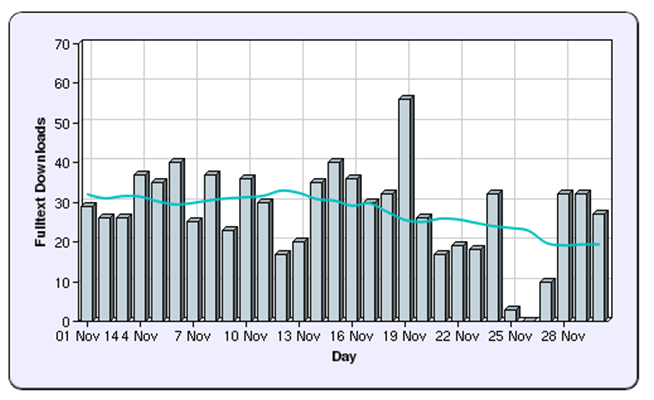
Thesis downloads by country


Green Open Access journal articles added in November (Postprints/ Author accepted manuscripts)
Antonakakis, N., Dragouni, M. and Filis, G., 2015. How strong is the linkage between tourism and economic growth in Europe? Economic Modelling, 44, 142 – 155. http://eprints.bournemouth.ac.uk/21568/
Broadstock, D. C. and Filis, G., 2014. Oil price shocks and stock market returns: New evidence from the United States and China. Journal of International Financial Markets, Institutions and Money, 33, 417 – 433. http://eprints.bournemouth.ac.uk/21569/
Haydock, W., 2014. ‘20 tins of Stella for a fiver’: The making of class through Labour and Coalition government alcohol policy. Capital and Class, 38 (3), 583 – 600. http://eprints.bournemouth.ac.uk/21547/
Haydock, W., 2014. The ‘civilising’ effect of a ‘balanced’ night-time economy for ‘better people’: class and the cosmopolitan limit in the consumption and regulation of alcohol in Bournemouth. Journal of Policy Research in Tourism, Leisure and Events, 6 (2), 172 – 185. http://eprints.bournemouth.ac.uk/21550/
Haydock, W., 2014. The rise and fall of the ‘nudge’ of minimum unit pricing: The continuity of neoliberalism in alcohol policy in England. Critical Social Policy, 34 (2), pp. 260-279. http://eprints.bournemouth.ac.uk/21549/
Patton, D., 2013. Realizing Potential: The Impact of Business Incubation upon the Absorptive Capacity of New Technology Based Firms. International Small Business Journal, 32 (8), pp. 897-917.
http://eprints.bournemouth.ac.uk/21571/

Gold Open Access journal articles added in November 2014 ( Published versions of outputs)
Grylka-Baeschlin, S., van Teijlingen, E. and Gross, M.M., 2014. Cultural differences in postnatal quality of life among German-speaking women – a prospective survey in two countries. BMC Pregnancy and Childbirth, 14, 277. http://eprints.bournemouth.ac.uk/21545/
Liu, C., Chen, W. and Ward, J., 2014. Effects of exposure to facial expression variation in face learning and recognition. Psychological Research. http://eprints.bournemouth.ac.uk/21567/
Liu, C., 2014. Development of holistic vs. featural processing in face recognition. Frontiers in Human Neuroscience, 8 (831), pp. 1-5. http://eprints.bournemouth.ac.uk/21552/
Simkhada, P., van Teijlingen, E., Devkota, B., Pathak, R.S. and Sathian, B., 2014. Accessing research literature: A mixed-method study of academics in Higher Education Institutions in Nepal. Nepal Journal of Epidemiology, 4 (4), 405 – 414. http://eprints.bournemouth.ac.uk/21542/
Speith, N., Wahl, J., Quast, D., Zink, A., Price, D., Maixner, F., Francken, M., Cipollini, G., Coia, V., Harvati-Papatheodorou, K., Kim, M-R. and O’Sullivan, N., 2014. Enthesiale Veraenderungen (Entheseal changes), In: Neue Erkenntnisse zur frühmittelalterlichen Separatgrablege von Niederstotzingen, Kreis Heidenheim (New results from the cemetery of Niederstotzingen). Fundberichte aus Baden-Württemberg, 34 (2), 341 – 390. http://eprints.bournemouth.ac.uk/21536/
Ensuring your research is open access
Please do keep adding your full-text research outputs to BURO via BRIAN, both green and gold. To be eligible for submission to the next REF exercise all journal papers and conference proceedings will have to be made freely available in an institutional or subject repository (such as BURO) upon acceptance (subject to publisher’s embargo periods). See the blog post here on how to add outputs to BRIAN.
Any queries please contact the BURO team: BURO@bournemouth.ac.uk
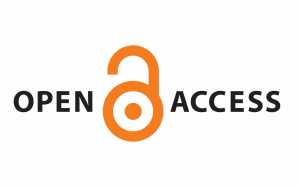 LLS plays a key part in promoting open access across the University, managing journal funding deals and making research outputs available via Bournemouth University Research Online (BURO) and the Bournemouth Online Research Data Repository (BORDaR).
LLS plays a key part in promoting open access across the University, managing journal funding deals and making research outputs available via Bournemouth University Research Online (BURO) and the Bournemouth Online Research Data Repository (BORDaR).

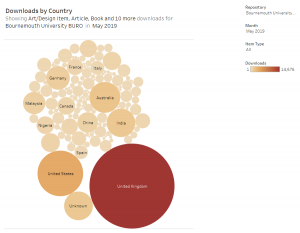


 HEFCE’s policy for open access
HEFCE’s policy for open access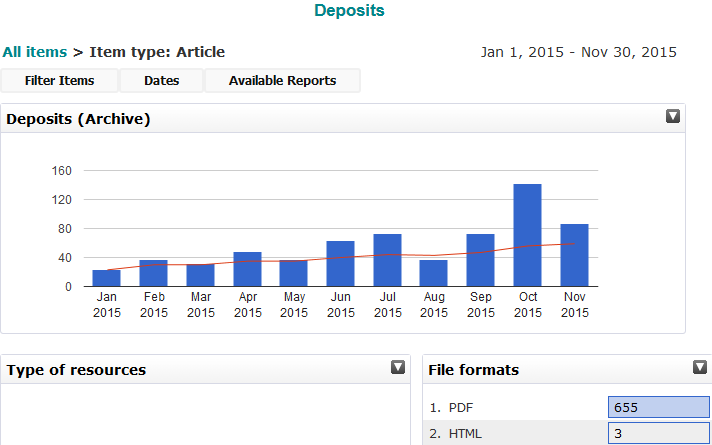
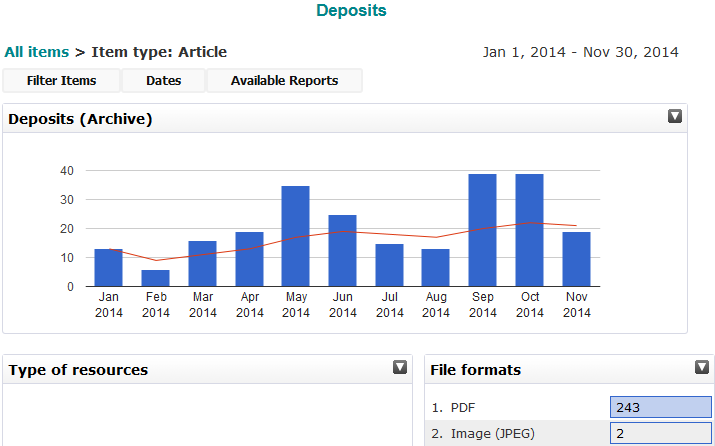
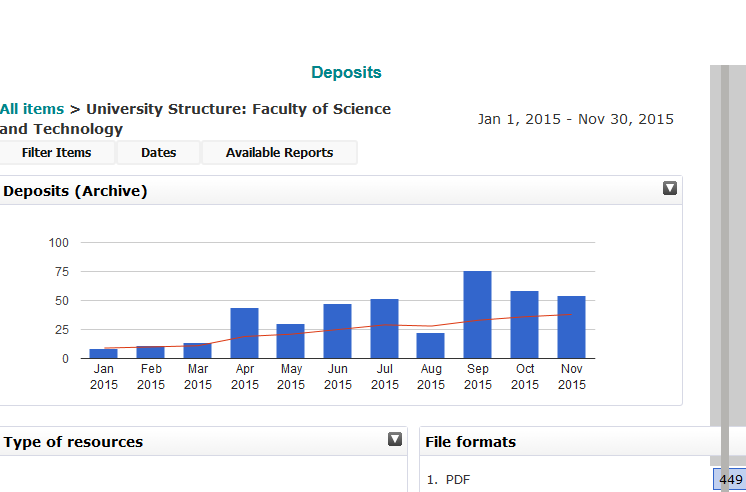
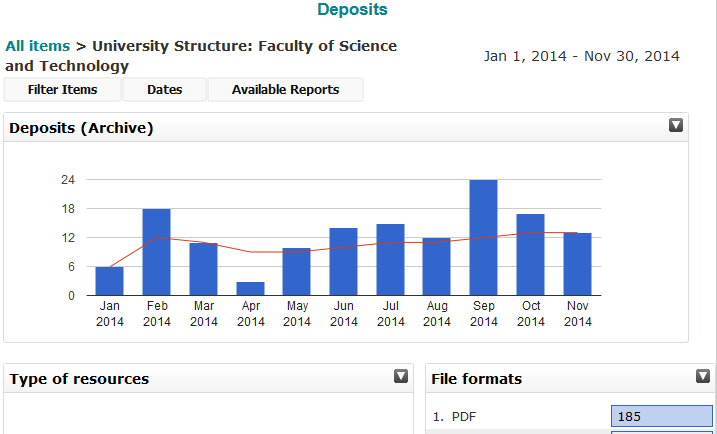






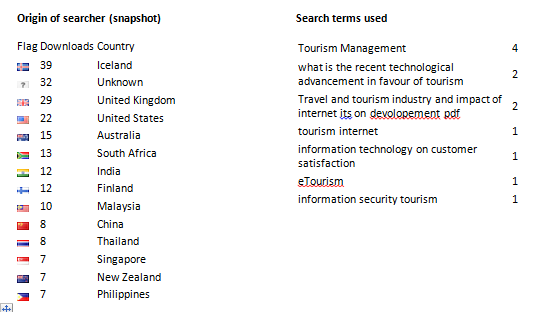
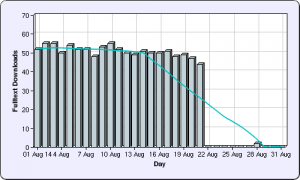
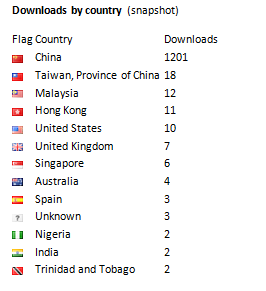














 REF Code of Practice consultation is open!
REF Code of Practice consultation is open! BU Leads AI-Driven Work Package in EU Horizon SUSHEAS Project
BU Leads AI-Driven Work Package in EU Horizon SUSHEAS Project Evidence Synthesis Centre open at Kathmandu University
Evidence Synthesis Centre open at Kathmandu University Expand Your Impact: Collaboration and Networking Workshops for Researchers
Expand Your Impact: Collaboration and Networking Workshops for Researchers ECR Funding Open Call: Research Culture & Community Grant – Apply now
ECR Funding Open Call: Research Culture & Community Grant – Apply now ECR Funding Open Call: Research Culture & Community Grant – Application Deadline Friday 12 December
ECR Funding Open Call: Research Culture & Community Grant – Application Deadline Friday 12 December MSCA Postdoctoral Fellowships 2025 Call
MSCA Postdoctoral Fellowships 2025 Call ERC Advanced Grant 2025 Webinar
ERC Advanced Grant 2025 Webinar Update on UKRO services
Update on UKRO services European research project exploring use of ‘virtual twins’ to better manage metabolic associated fatty liver disease
European research project exploring use of ‘virtual twins’ to better manage metabolic associated fatty liver disease